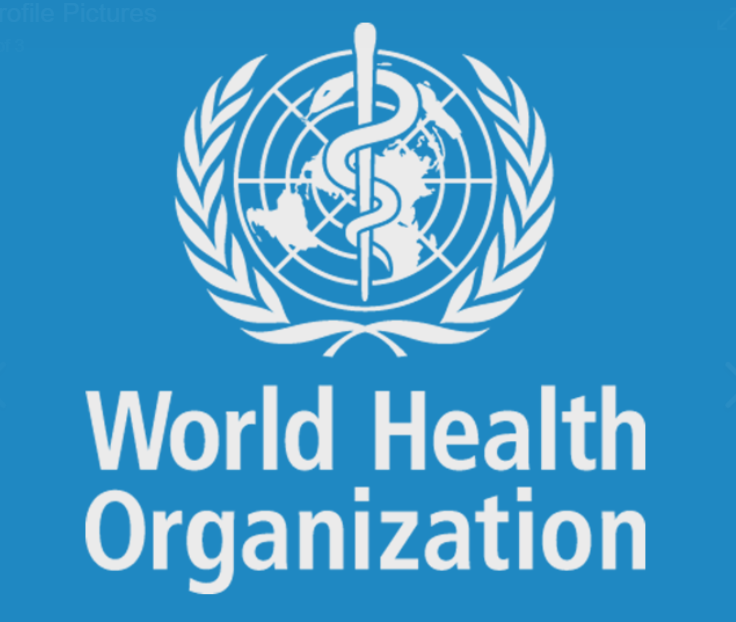As novel coronavirus (2019-nCoV ARD) continues to spread globally, various news about nCoV also spread like a wildfire including unverified information and speculations.
Novel coronavirus can’t survive hot and humid climate
The World Health Organization (WHO) Philippines dispelled these myths and speculation on the 2019 novel coronavirus acute respiratory disease including the news that the virus will not spread as summer approaches.
In its official Facebook page, WHO Philippines explained that 2019-nCoV has spread to countries with both hot and humid climates, as well as cold and dry.
“2019-nCoV has spread to countries with both hot and humid climates, as well as cold and dry. Wherever you live, whatever the climate is it is important to follow precautions,” it said.
We answer more rumours and myths about the 2019 novel #coronavirus.
Q: Can the new coronavirus (2019-nCoV) survive in hot and humid climates?
A: Yes, 2019-nCoV has spread to countries with both hot and humid climates, as well as cold and dry. pic.twitter.com/W2hIkPusin
— World Health Organization Philippines (@WHOPhilippines) February 8, 2020
Alcohol Can Prevent the Infection
The agency also debunked beliefs that drinking alcohol can prevent the disease.
It advised that alcohol should always be consumed in moderation, and people who do not drink alcohol should not start drinking to prevent 2019-nCoV infection.
Can Pets Spread the Disease?
WHO said there is no evidence that companion animals/pets such as dogs or cats can be infected with the new coronavirus.
However, it is always a good idea to wash your hands with soap and water after contact with pets as this protects you against various common bacteria such as E.coli and Salmonella.
Do vaccines against pneumonia protect you against the new coronavirus?
Vaccines against pneumonia, such as pneumococcal vaccine and Haemophilus influenza type B (Hib) vaccine, do not provide protection against the new coronavirus.
The virus is relatively new and different that it needs its own vaccine. Researchers are trying to develop a vaccine against 2019-nCoV, and WHO is supporting their efforts.
Antibiotics effective in treating the disease
WHO clarified that antibiotics do not work against viruses new coronavirus (2019-nCoV) is a virus and, therefore, antibiotics should not be used as a means of prevention or treatment., only bacteria.
Eating garlic can prevent infection
While eating garlic has healthy benefits due to its antimicrobial properties, there is no evidence from the current outbreak that eating garlic has protected people from the new coronavirus.
Regular rinsing of nose with saline
According to WHO, there is some limited evidence that regularly rinsing nose with saline can help people recover more quickly from the common cold but there is no evidence to support that it prevent respiratory infections.
Mouthwash can prevent of disease
While mouthwash can eliminate certain microbes for a few minutes in the saliva in your mouth, they do not work against 2019-nCoV.
WHO reminded the public that following precaution is the best deterrent against contracting the disease.
It added that there are no specific medicine recommended to treat or prevent the 2019-nCoV AED, however, the organization said it is working to research and development efforts to find a vaccine.
READ MORE: Amid nCoV scare, PH mulls expanding travel ban to this country
READ MORE: 2019-nCoV Timeline: How the outbreak has unfolded




